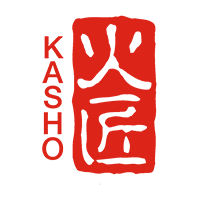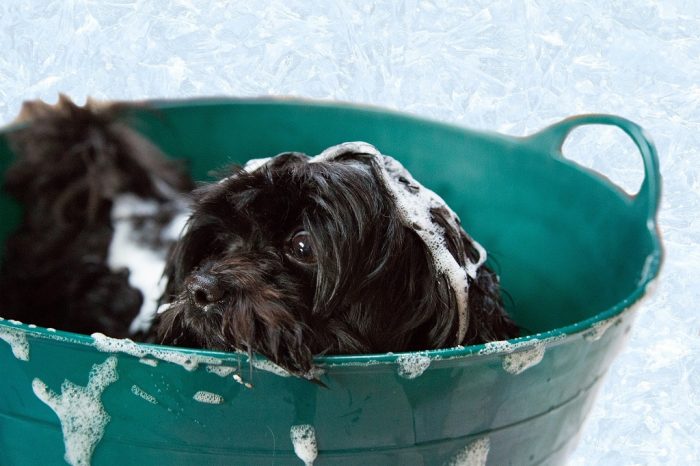
Share this post
Facebook
Twitter
LinkedIn
Pinterest
Print
Email

What’s the difference between shampoo for fine, straight hair and a shampoo for thick, curly hair? Or a shampoo for dry and damaged hair and a shampoo for oily hair? Why use a shampoo for blonde hair or a shampoo for coloured hair? Why opt for a specific shampoo for frizzy hair? What’s in shampoo for dandruff or anti-dandruff shampoo?
With so many hair products, how do you know which are best for your hair? Luckily, most hair products, such as shampoos and conditioners, come with a guide largely depending on the hair type or condition. The ingredients in a shampoo for oily hair will differ greatly from those in a shampoo for dry and damaged hair. Start by identifying what is most important for your hair at this moment – is it preserving colour, controlling frizz or removing dandruff? There are shampoos for all sorts of hair scenarios. Find out how to pick the best shampoo for your hair type.
A great shampoo for fine, straight hair is a volumizing shampoo. This adds texture and volume to straight, silky hair, which may be prone to looking flat. If your fine hair is frizzy, go for a moisturising shampoo. A moisturising shampoo for fine, straight hair, however, should not be too rich so as to weigh hair down. Select ingredients such as coconut oil and argan oil, which are natural and light moisturisers.
The ideal shampoo for thick, curly hair will be moisturising. It is more difficult for natural oils to travel down curls to keep the strands well-conditioned. Get a specific shampoo for thick, curly hair or use a pea-sized amount of shampoo for dry and damaged hair. You could also skip the shampoo altogether and go straight to the conditioner.
A shampoo for blonde hair will emphasise natural blonde highlights and add shine and lustre to blonde hair. A shampoo for blonde hair will be labelled as such – try a chamomile shampoo for blonde hair.
A shampoo for coloured hair will preserve your hair dye, avoiding it being washed away by too-harsh a cleaning product. A shampoo for coloured hair is gentle on your colour and gentle on the hair, keeping the colour vibrant and dyed hair in good condition. Some shampoos may even touch up colour, making it last longer – in that case, make sure you match your colour. Packaging may include terms such as colour-safe, colour-protect or sulphate-free.
A shampoo for frizzy hair will deeply moisturise your hair and seal the cuticle to keep the moisture in. Frizz happens when the cuticle opens up to absorb moisture from the air. A shampoo for frizzy hair is gentle, salt- and sulphate-free. It is enriched with natural oils and proteins and instantly moisturises, conditions and nourishes your hair, leaving it soft and shiny.
Dry hair benefits from a shampoo for damaged hair. A shampoo for dry and damaged hair treats the condition of your hair. Pick a shampoo that contains coconut oil, olive oil, argan oil or shea butter, which moisturise without weighing hair down. An ideal shampoo for dry and damaged hair will be labelled as hydrating, moisturising, balancing or damage repair.
A shampoo for oily hair will deeply clean oily residue and build-up on the scalp. However, too much cleaning may further stimulate sebum production, so avoid shampooing daily. Try reducing the frequency of washes and alternate with using only conditioner mid-shaft to ends. Favour volumizing and balancing products over hydrating and moisturising.
A shampoo for dandruff, or anti-dandruff shampoo, will contain ingredients to soften skin cells, restrain growth and deal with the fungi which are the cause of dandruff. It will be unperfumed and gentle on the scalp. A specific shampoo for dandruff problems will usually be labelled as an anti-dandruff shampoo.
Clean healthy locks depend on a great shampoo, right? Not necessarily. Bear in mind that shampooing very frequently may strip the essential oils from the hair and scalp. This can lead to a variety of conditions, such as an oily scalp and dry ends. Thick, curly hair or oily hair can benefit from alternating with using only a conditioner – “cowashing” or “no-poo.” A conditioner contains enough surfactant to clean hair gently and condition thoroughly.
Cortex Ltd is the leading hair products distributor in Malta and Gozo. It was set up in 1995 by Robert Micallef and has been expanding its product offering ever since.
Cortex is the leading supplier and distributor of hair products to hairdressers in Malta.
Search for hairdressers in Malta using an interactive Google map.
Designed and Developed by Globalmark